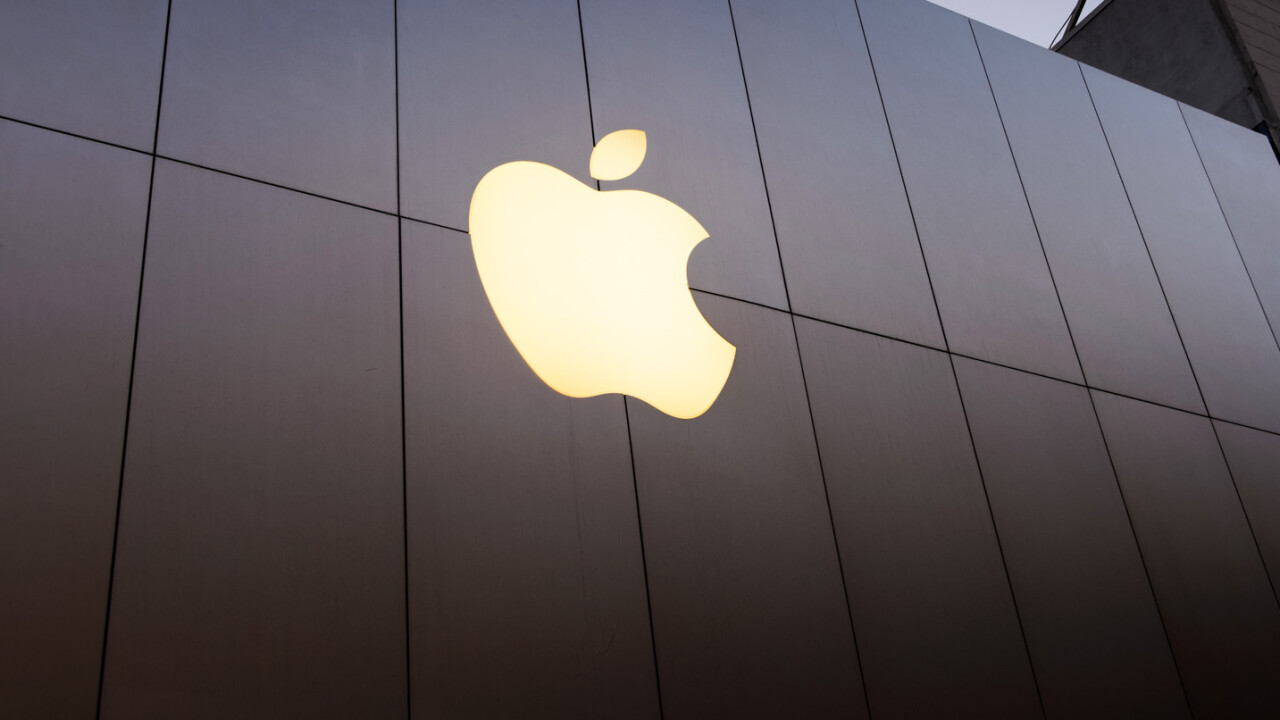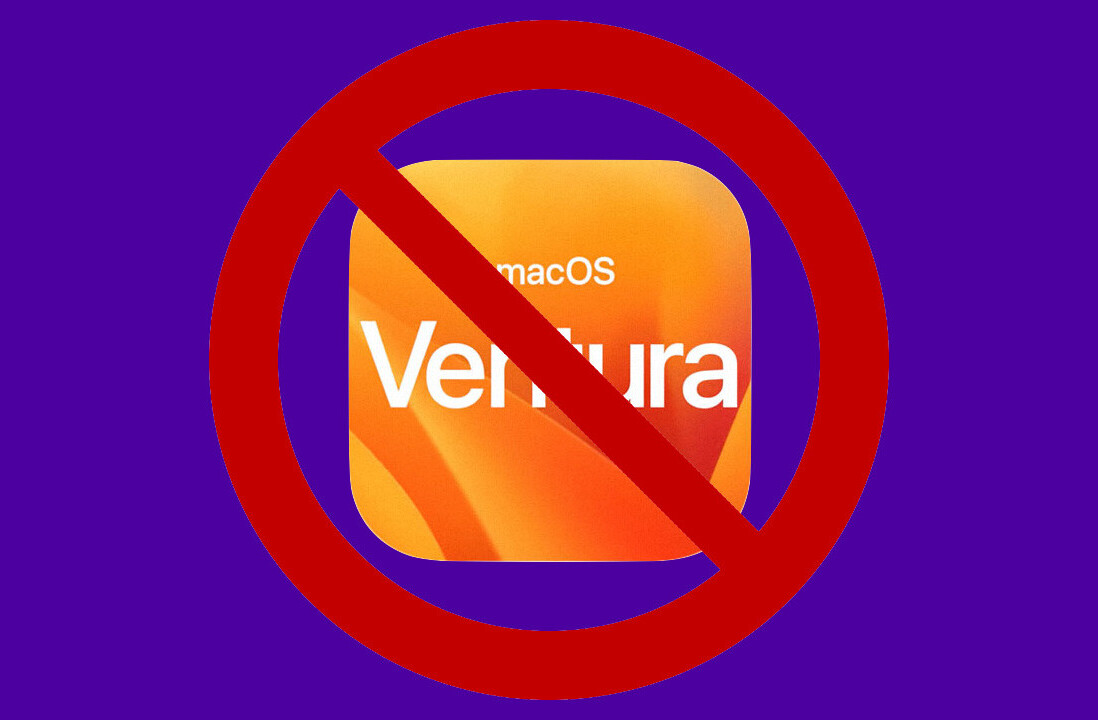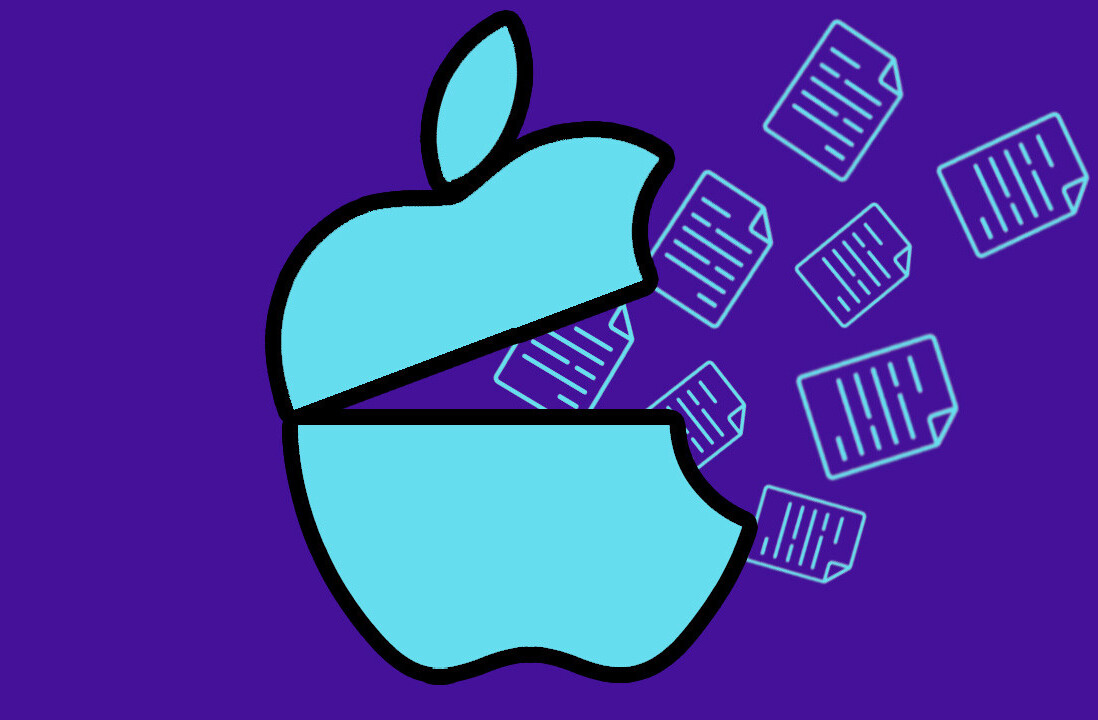
Updated on September 10, 8:00 AM IST: Apple said it has adjusted the algorithm so that fewer of its own apps appeared at the top of search results following reports from The New York Times, which found Apple’s apps to have been ranked first recently for at least 700 search terms in the store, even in cases where its apps were less relevant and less popular than those from its rivals.
The change — which it says wasn’t a “mistake” — comes at a time when Apple is increasingly emerging a competitor to third-party apps on a platform that it controls, prompting concerns that it’s unfairly favouring its own apps in App Store search results. The original story follows.
Apple’s App Store is already a point of antitrust contention, and a new investigation by The Wall Street Journal has revealed that the company’s own mobile apps are often first in App Store search results ahead of competitors.
“The company’s apps ranked first in more than 60 percent of basic searches, such as for ‘maps.’ Apple apps that generate revenue through subscriptions or sales, like Music or Books, showed up first in 95 percent of searches related to those apps,” the report said.
In categories like books and maps, Apple’s equivalent offerings are less popular than those from Amazon and Google. Based on data compiled by app analytics platform SensorTower, Apple Books is ranked at 223rd position when compared to Amazon Kindle, which has a third spot.
Apple’s App Store dominance, the WSJ analysis says, gives the company an “upper hand,” especially as it pivots to services and subscriptions for growth.
In my own tests, searching for ‘maps’ returned Apple Maps as the top result, while searches for ‘tv,’ ‘movies,’ and ‘videos’ showed iTunes Store or the TV app. Searching for ‘books’ and ‘audiobooks’ returned iBooks, and that for ‘voice’ showed ‘Voice Memo’ apps. Interestingly, searching for ‘audio recorder’ didn’t bring it up.

Mind you, when I say ‘top,’ this is aside an ad that’s placed as the first result. The search also returns Stories and featured apps, although this isn’t always the case. These rankings can possibly vary depending on the country.
The report further states the tech giant — in 2015 — considered removing all apps rated less than two stars in the App Store, but abandoned the idea because its own Podcasts app was rated less than two stars. Apple’s apps no longer have any ratings and reviews attached to them.
In another example, the WSJ report highlights the case of Audiobooks.com. The app held the top spot in the audio books category for nearly two years before it was taken over by Apple’s own Books app last September in what appears to be an “overnight” change.
Apple, however, has pushed back against the findings, saying it uses a combination of 42 factors — name matches, downloads, ratings, relevance, user behavior — to determine where apps rank in search.
But the ranking algorithm is kept a secret to keep it fair for third-party app developers and prevent search results from being manipulated.
“Apple customers have a very strong connection to our products and many of them use search as a way to find and open their apps,” the company said. “This customer usage is the reason Apple has strong rankings in search, and it’s the same reason Uber, Microsoft and so many others often have high rankings as well.”
The latest development comes as Apple is facing renewed regulatory scrutiny over its App Store polices, both in the US and the EU.

Bundling and favoring their own products in search (and elsewhere) proved costly for Google and Microsoft, both of which have faced hefty antitrust fines for engaging in anti-competitive behavior.
Apple has consistently denied it’s a monopoly because it has a relatively smaller market share when compared to Google’s Android. But its iron-clad grip over the App Store — especially when it comes to pricing and discovery — has invited a fair share of controversies, notably from Spotify.
The company also sparked an outcry from developers who accused Apple of shutting down its competitors to promote its own Screen Time feature in iOS. Apple eventually caved in, and reinstated some of the parental control apps it banned two months ago.
But Apple has a pattern of embracing ideas developed by independent app creators natively into its operating system, leaving them “sherlocked” and therefore eliminating competition from the App Store by banning apps that are direct competition to its features.
The monopolistic concerns have not escaped Congress’ notice either. Democrat senator and presidential candidate Elizabeth Warren, in an interview with The Verge earlier this year, called for a break up of Apple from its App Store: “Either they run the platform or they play in the store. They don’t get to do both at the same time.”
Get the TNW newsletter
Get the most important tech news in your inbox each week.




